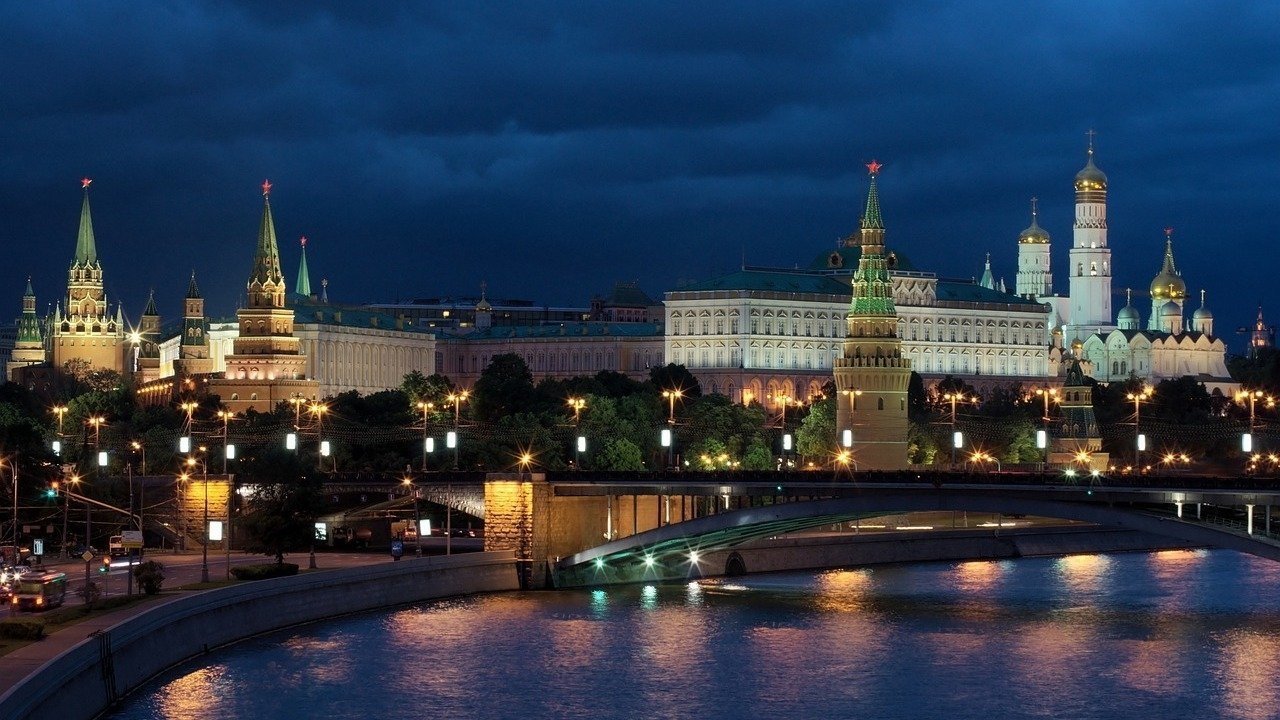Russian antitrust regulator asks Apple about banking apps while ignoring Ukraine war
Russia's Federal Antimonopoly Service has asked Apple why Russian users cannot access full banking and payment services, while seemingly ignoring how banks in the country were sanctioned over the Ukraine war.
FAS wrote to Apple on Thursday, requesting the company to explain how banks operating in Russia, as well as payment services, cannot take full advantage of apps on iPhone. Unlike most of the rest of the world, Russian banking services are severely limited in how they function on iOS.
While the letter from Russia's Federal Antimonopoly Service (FAS) to Apple reported by Reuters seems like a valid request for information from the outset, it ignores the international impacts of the Russia-Ukraine conflict.
The FAS complaint points out that most Russian banks were removed from the App Store. Furthermore, Apple isn't allowing users to install apps to iPhones from any other venue than the App Store in Russia.
With both of these limitations in place, banks simply cannot allow customers to install apps to the iPhone as usual.
"The company's actions contain signs of violation of antimonopoly legislation," the FAS claims in a statement. "The service sent a letter to the company about the need to submit a detailed, motivated position on this issue to the agency."
A surplus of sanctions
The problem facing Russian banking apps against appearing in the App Store is one that's not actually in Apple's control.
Due to Russia's war against Ukraine, sanctions were placed by the United States, the UK, and the European Union against entities in Russia, including major banks. Many of these sanctions started from February 2023, with more added over time.
The banks were prevented access to SWIFT, a messaging service that allowed communications between financial institutions which facilitated asset transfers, as well as a more general ban affecting cross-border transactions in general.
Since the sanctions prevent U.S. companies like Apple from working directly with banks in Russia, the bank apps were removed from the App Store, as Apple does what it can to comply with international laws.
This ban hasn't stopped banks from trying to service customers via the App Store, with some creating trojan horse apps pretending to be something else to thwart the App Store Review process.
Aside from violating sanctions, there's nothing else Apple can do to allow the apps to exist in the App Store.
A geography lesson
The other part, in preventing alternative means of installation of the apps, is one that Apple does have some control over.
Europe's implementation of the Digital Markets Act has forced Apple into allowing third-party app storefronts to exist alongside the App Store in Europe.
It seems the Russian regulator wants to know why it doesn't apply to Russian users at all. For a start, the Digital Markets Act affects European Union members, and Russia isn't one.
While it's plausible for Russia to introduce laws forcing third-party app stores to exist in the country in the same way as DMA does for Europe, sanctions become a problem once again.
As Apple has introduced rules, policies, and fees affecting sideloading and third-party app markets on iPhone, that means there could potentially be financial transactions for app installs, again banned under the sanctions.
Apple could eliminate the transactions, but then it would be pressured to do the same in Europe for storefronts there. It's also probable that there would be even more of an outcry against Apple's App Store fees, which could endanger a significant revenue source for the company.
Willful ignorance
The two problems getting in the way of Russian banking apps are very simple to understand, to an almost absurd level. However, while seemingly a dumb move by the regulator in the face of obvious reasons, it could be in service of Russia getting its way.
By asking for official reasons from Apple, the regulator can then more directly point to problems preventing the apps from being used in the App Store, as well as Apple's reluctance to allow sideloading or alternative app storefronts in the country.
With official company reasons in hand, the government will have more justification to introduce a law that forces Apple to permit third-party storefronts in Russia, in some way.
The query could also be a pretext to allowing the FAS to issue fines against Apple for various monopolistic actions. In 2021 the FAS fined Apple $12.12 million over supposed antitrust behavior, followed by another in 2022 for $17.4 million.
 Malcolm Owen
Malcolm Owen














 Amber Neely
Amber Neely
 Thomas Sibilly
Thomas Sibilly
 AppleInsider Staff
AppleInsider Staff
 William Gallagher
William Gallagher

 Christine McKee
Christine McKee










4 Comments
russia can stop killing people and get out of Ukraine. Start with that!
In the words of my favorite villain, "Let them eat static".
Seems like the appropriate response would be update all Russian banking apps so that opening them invokes a VPN and an open news feed of western coverage of the Russian invasion of Ukraine. That would provide a direct, ongoing answer as to why Russians can't access full banking and payment services.